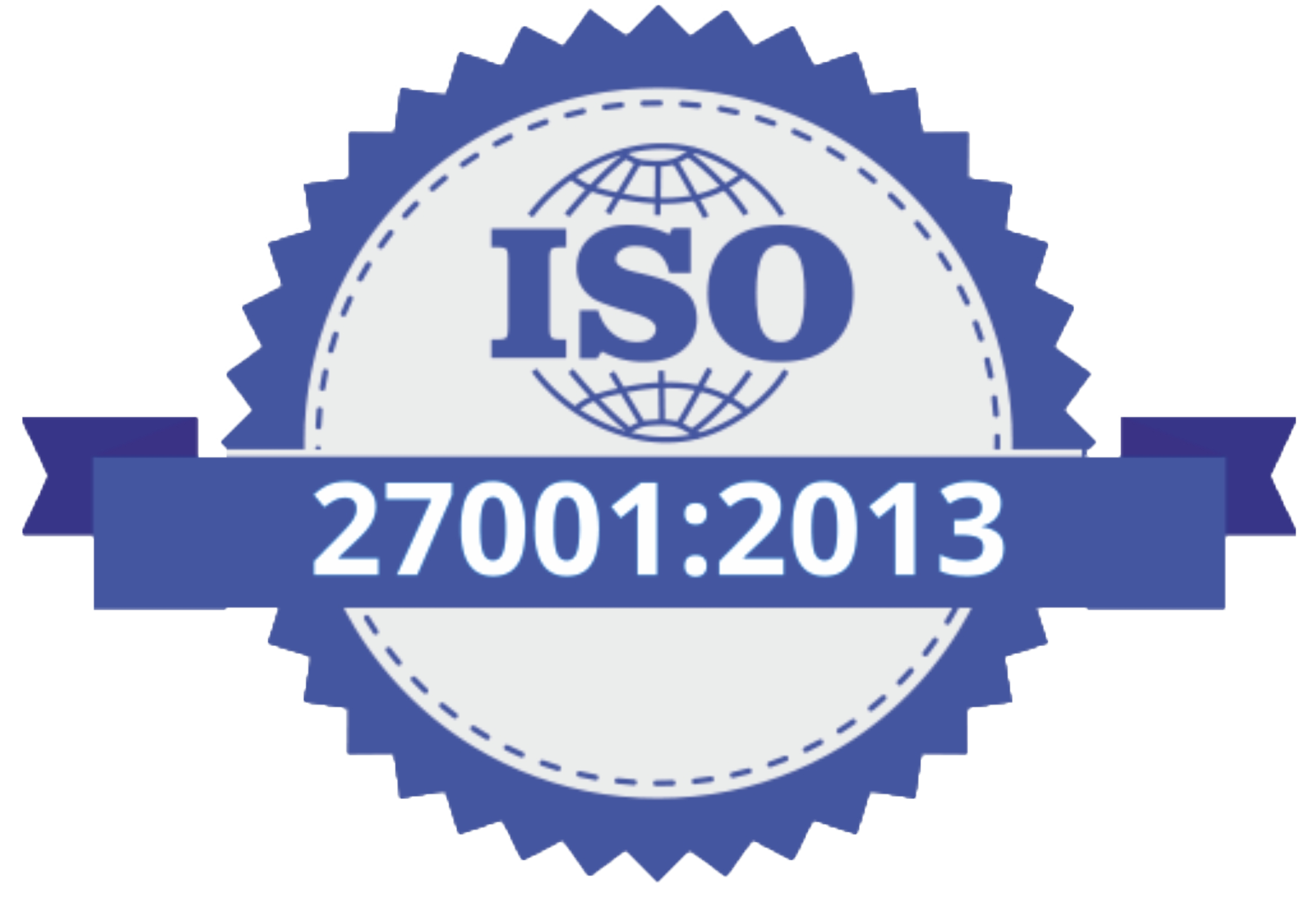Introduction:
Automating ETL workflows enhances efficiency in data processing, enabling businesses to handle large-scale data pipelines effortlessly. Matillion, a cloud-based ETL platform, supports API-based job execution, making it highly customizable. AWS Lambda provides a serverless approach to triggering these jobs, reducing infrastructure management efforts. By integrating Matillion with AWS Lambda, we can achieve seamless automation with minimal operational overhead. This approach ensures cost-effective, scalable, and event-driven job execution.
Why Use AWS Lambda for Matillion Jobs?
AWS Lambda allows users to execute Matillion ETL jobs dynamically without provisioning or managing servers. It supports event-driven execution, ensuring that jobs run only when needed, optimizing cloud resource utilization. Lambda seamlessly integrates with AWS services like S3, SNS, and Step Functions, enabling advanced automation workflows. Its serverless nature eliminates the need for manual job scheduling, improving efficiency. Additionally, it offers built-in logging and monitoring with AWS CloudWatch for real-time insights.
Prerequisites:
Before setting up the Lambda function, ensure that the necessary configurations and permissions are in place. An active AWS account with access to Lambda, IAM, and API Gateway is required for execution. The Matillion ETL instance should be configured with API access and necessary authentication settings. IAM roles must be assigned to Lambda with the required permissions for invoking Matillion jobs. Additionally, Python must be installed locally for scripting and testing before deployment.
Setting Up AWS Lambda:
Create an AWS Lambda function from the AWS Management Console using Python as the runtime. Assign an execution role with API Gateway access and necessary permissions for interacting with Matillion. Configure the function timeout and memory allocation to ensure efficient job execution. Define an event trigger if necessary, such as an S3 file upload or a scheduled CloudWatch event. Ensure logging is enabled with CloudWatch for monitoring function executions.
Configuring Environment Variables:
Use environment variables in AWS Lambda to store API credentials, job IDs, and Matillion endpoint URLs. This practice improves security by keeping sensitive information outside the script. Define variables through the AWS Lambda console under the “Configuration” tab. These variables can be updated dynamically without modifying or redeploying the function. Ensure IAM policies prevent unauthorized access to sensitive environment variables.
Writing the Python Script:
Develop a Python script using the requests library to send API calls to Matillion. Implement error handling to manage API failures, network issues, or authentication errors. Include logging statements to capture job execution details for debugging and monitoring. The script should fetch environment variables dynamically to ensure flexibility across deployments. Finally, test the script locally with sample API requests before deploying it to AWS Lambda.
Deploying the Lambda Function:
Package the Python script along with required dependencies into a ZIP file. Upload the package to AWS Lambda via the console, CLI, or an automated CI/CD pipeline. Set the correct execution handler in the AWS Lambda settings to ensure the script runs properly. After deployment, validate that all permissions and environment variables are correctly configured. Use CloudWatch logs to monitor the function execution and troubleshoot potential issues.
Testing and Validating Execution:
Invoke the Lambda function manually using the AWS Console or AWS CLI for initial testing. Check CloudWatch logs to verify the execution flow, API responses, and error messages. If needed, refine error handling and logging for better observability and debugging. Integrate an event-driven trigger like S3 file uploads or a scheduled execution using EventBridge. Perform end-to-end validation by ensuring Matillion jobs execute as expected upon invocation.
Conclusion:
By leveraging AWS Lambda to trigger Matillion jobs, we can automate ETL workflows efficiently. This eliminates manual job execution, reduces infrastructure dependency, and enhances operational agility. The integration supports event-driven automation, ensuring that jobs run only when required. With proper monitoring via CloudWatch, troubleshooting and performance tracking become seamless. Ultimately, this approach streamlines data processing while optimizing cloud costs.
Source: https://medium.com/bi3-technologies/invoke-jobs-in-matillion-using-aws-lambda-in-python-6e7f6bd0caf3
